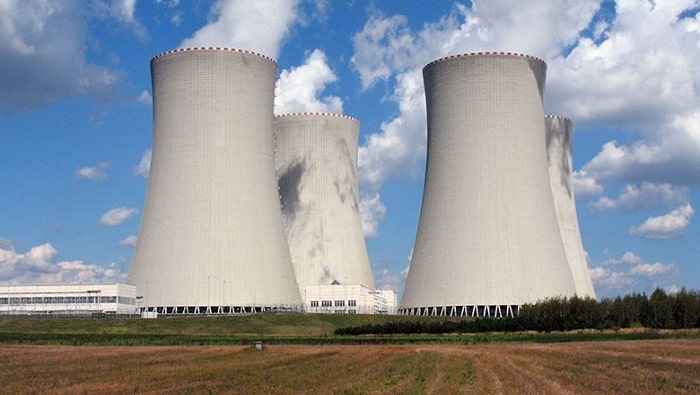BWXT Nuclear Operations Group, Inc (NOG) has been awarded a contract from the US Department of Energy’s Oak Ridge National Laboratory (ORNL) to manufacture TRISO nuclear fuel to support the continued development of the Transformational Challenge Reactor (TCR). The TCR project aims to build an additively manufactured microreactor, with a demonstration unit planned to be operational by 2023.
NOG is a subsidiary of BWX Technologies Inc, which last October announced it was restarting its existing uranium oxycarbide tristructural isotropic (TRISO) fuel production line at its Lynchburg, Virginia facility. Restart activities will be finalised to allow for production of the TCR fuel to be completed by the autumn of 2020, the company said today.
“This contract award is strategically significant given our stated intention to find new markets for our advanced nuclear technologies,” BWXT NOG President Joel Duling said. “We are exceedingly pleased with this award and look forward to working with Oak Ridge National Laboratory and the Department of Energy to demonstrate safe and clean nuclear power generation with a novel, low-cost, additively manufactured nuclear reactor.”
The scope of the contract includes the fabrication and delivery of uranium kernels, TRISO coated surrogate materials, and TRISO coated uranium kernels. ORNL will use these materials as it continues the development and prototyping of the reactor’s design and advanced manufacturing process.
The TCR programme aims to demonstrate a revolutionary approach to deploying new nuclear power systems using rapid advanced manufacturing. By building and operating an additively manufactured microreactor, the ORNL programme will explore solutions to the high costs and lengthy deployment timelines. Additive manufacturing is also known as 3D printing. BWXT is also providing manufacturing support to the programme in addition to TRISO fuel, it said.
The TCR – which will be the 14th nuclear reactor to be built at ORNL – will use a core of uranium nitride coated fuel particles within an advanced manufactured silicon carbide structure. This will be housed inside a conventionally manufactured, qualified stainless steel vessel. Fuel blocks will be interspersed with yttrium hydride moderator elements. The reactor system will be housed inside a vented containment within an ORNL building. The programme started in 2019 and aims to design, manufacture and operate a demonstration reactor by 2023.





































